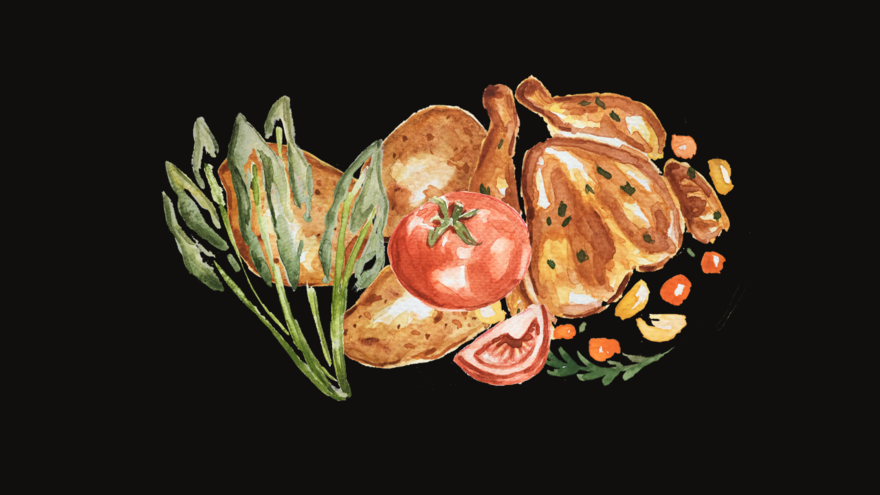
Decolonize your celebration this year by honoring and supporting the lives, voices, and efforts of Indigenous peoples.
Many of us were taught that the first Thanksgiving was a time of peace and giving between Native Americans and Pilgrims. Both sides gathered around a table heaving with food and gave thanks for the harvest. This retelling of Thanksgiving neglects the horrors and violence that both preceded and followed that first feast. The true story of Thanksgiving is much more violent and we must reckon with our racist history and the trauma with which Indigenous peoples continue to suffer.
Not everyone celebrates Thanksgiving. In 1970, an Indigenous group protested the day and instead started observing the day as a Day of Mourning. They use the day to celebrate and honor Indigenous lives, as well as resist the continued oppression of Native people. Whether you decide to celebrate Thanksgiving or not, we can all work to decolonize the celebration. To make the day more inclusive, consider the following:
- Learn the real history of Thanksgiving. The first recorded feast that is usually attributed to Thanksgiving Day was in 1621 between the Wampanoag tribe and pilgrim colonizers. However, relations between Indigenous tribes and colonizers began earlier. Indigenous people were captured by European colonizers and sold as slaves as early as 1614. Indigenous communities were also decimated by smallpox, typhus, measles, and other foreign diseases that the European colonizers brought with them. “Day of Thanksgiving” was first declared in 1637 by the Massachusetts Governor John Winthrop after 600 weapon-less Pequots were murdered by Englishmen. The holiday was officialized in 1863 by President Abraham Lincoln to unite the United States after the Civil War.
- Find out whose land you live on. Respect and honor the land you live on today and recognize who it belongs to.
- If you choose to make a feast, support local food vendors. Especially consider sourcing from Indigenous sellers. Most of the traditional foods used in Thanksgiving feasts are Indigenous, including pumpkins, potatoes, corn, and turkeys. One Indigenous food seller in Minnesota is Red Lake Nation Foods. Spirit Lake Native Farms operates on the Fond du Lac Indian reservation and sells locally grown wild rice available online as well.
- Support movements led by Indigenous activists to protect their people, lands, and cultures. For instance, many Indigenous activists are fighting against pipeline companies that threaten their land sovereignty rights and health. One major movement is against the Dakota Access Pipeline. Another example is the push for changing racist sports team names. Indigenous activists have protested for decades against racist depictions of Native people. Follow movements like #NotYourMascot and support these activists for positive change.
- This Black Friday, support local and/or Indigenous-owned stores. Some examples are Birch Bark Coffee Company, Honor the Earth, and Tanka bars. Birchbark Books is based in Minneapolis, MN and sells Native books and art. You can also make monetary donations to different tribes and movements. The First Nations COVID-19 Emergency Response Fund supports tribal programs and Indigenous nonprofits to provide response to Indigenous communities harmed by COVID-19. Native people are one of the groups who are disproportionately affected by the virus. The Anishinaabe Fund supports projects and groups that work to protect and create cultural awareness and respect for Ojibwe traditions and culture.
Our office continues to advocate for sustainable Thanksgiving celebrations by reducing food waste, sourcing locally, and composting unusable leftovers. However, our customs and ways of life depend on Indigenous peoples. Our homes sit on their lands, we eat food that they first grew and harvested, and many of our sustainability goals and methods derive from Indigenous views and practices. Our modern-day perspective of sustainability is a whitewashed version of the knowledge and practices intrinsically linked to Indigenous peoples and customs. Indigenous tribes have known for thousands of years how to live in a way that is in balance with the Earth and provides enough for us all. One cannot celebrate Thanksgiving sustainably without acknowledging and giving thanks to the resilient Indigenous communities around us and among us.